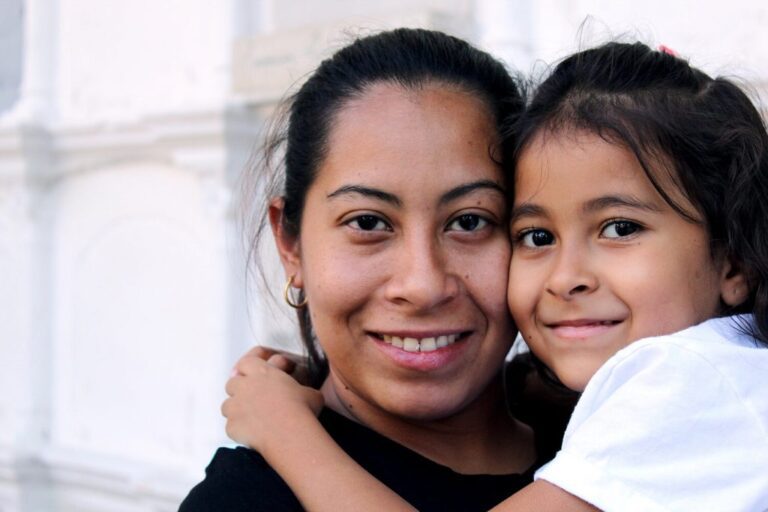Three Things We Know Work for Children and Families
People across the country are wondering what the next years will mean for their children, families, and communities. While these are complicated times, we should take heart in the fact that there are resilient and passionate leaders across the country who are raring to go for the well-being of America’s families. Concrete opportunities to bring about positive change do exist and are evident at the state and community levels. The Aspen Forum for Children and Families showcased many of these leaders and their solutions. In particular, the Forum highlighted three things that work for families:
1. Invest in early childhood education because it not only works, it works wonders.
Nobel Prize winner in economics James Heckman’s new research reveals groundbreaking findings on the benefits of high-quality, birth-to-five early childhood education, especially for families with low incomes. His findings demonstrate a staggering 13 percent return on investment associated with these types of programs. He argues that starting these programs at age three or four is “too little, too late.” Focusing on the first three years of life, rather, is the most effective and efficient approach. Dr. Heckman did his research with a cadre of economists, psychologists, statisticians, and neuroscientists, highlighting the broad academic consensus for early childhood education as a mechanism for families’ long-term social and economic success.
2. Listen to the voices of parents and families to deliver effective and respectful programs and achieve their full potential.
Amber Angel, Ariel Ventura-Lazo, Tameka Henry, and Rynn Bell — all parents who have had their fair share of struggles juggling parenting responsibilities while earning a degree and navigating what is often a bleak and unforgiving welfare state — offered a truly candid and clear-eyed reflection of how our systems help children and families. They pointed out where systems work, like the social capital supporting many student parents at college campuses all over the country, and they did not shy away from systemic flaws, including harsh cliff effects associated with rising wages and difficult, circuitous processes to receive benefits. Without listening to their voices and learning from their stories, we will not be able to create effective and inclusive programs to help children and families.
3. Foster the innovation and mission-driven leadership that is alive and well in states and communities.
As former Commissioner for the Tennessee Department of Human Services Raquel Hatter put it, “Inaction and action both yield an outcome; what will happen if we don’t take action?” State leaders like Hatter and numerous others have chosen to take action — to the clear benefit of families. In Colorado, Minnesota, Utah, and Tennessee, among others, policymakers are working diligently to break down silos that make it difficult for services to help families holistically and change system cultures to recognize the resilience and experience of families. In fact, Tennessee has launched “2G for Tennessee” cementing a two-generation approach to serve children and their parents together in the state’s delivery of human services. Innovations like these are present from coast to coast, and offer models and inspiration for us all.
The issues facing our country are complex. We must address head-on the historical and systemic roadblocks standing in the way of families keeping healthy, being economically secure, and thriving. We know what works. It is time to get serious about the opportunities and the challenges and invest in the leadership to help families move forward.
Learn more about the Aspen Forum for Children and Families and Ascend at the Aspen Institute.
Related Posts





